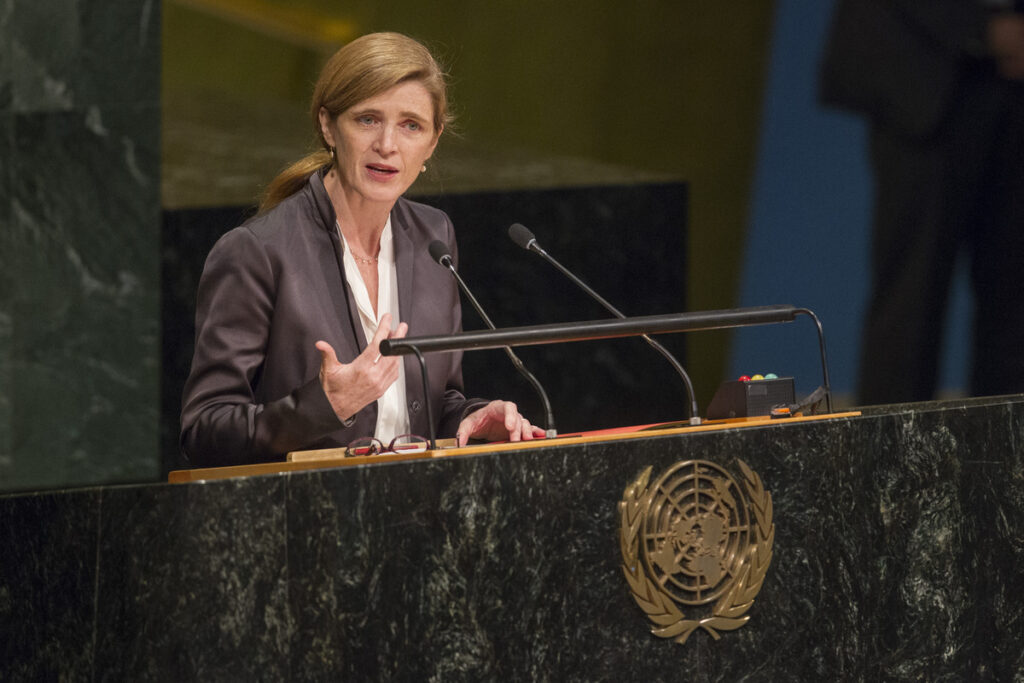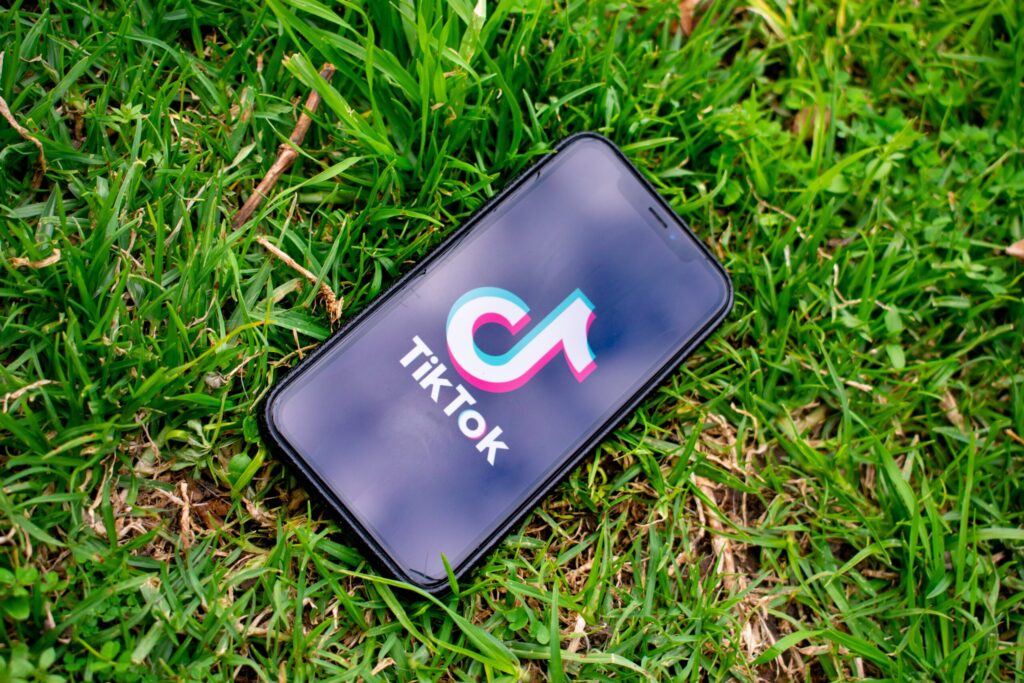The past four years of an “America First” agenda have hurt the United States’ credibility and capacity to accomplish overseas policy goals. An American grand strategy focused on nationalism — as opposed to multilateralism — has severely hampered U.S. engagement on humanitarian issues. Namely, federal foreign policy and foreign aid bureaus such as the United States Agency for International Development (USAID) have been severely impacted.
On January 13, then President-elect Joe Biden nominated Samantha Power, former U.S. Ambassador to the United Nations, to the role of Administrator of the USAID. Though her nomination is currently awaiting Senate confirmation, it’s important to know what type of organization she is inheriting in the post-Trump era, and the deep problems that need to be addressed.
In contrast with other federal agencies under Trump political appointees, USAID remained somewhat unscathed until mid-2020. For the first three years of the Trump presidency, USAID was directed by former Republican Congressman Mark Green. His leadership was met with respect from both sides of the aisle and was one of the very few Trump political appointees with broad bipartisan support. However, when Green left USAID in April 2020, things started to go downhill.
Bonnie Glick, Green’s deputy, was expected to take the helm after his departure. Glick was a Republican appointee who received Senate confirmation for her role in USAID in 2019. She had experience in the organization and her fellow USAID employees were confident in her ability to lead. Her progression to the head of the agency seemed like a natural choice. But President Trump had other ideas. In came John Barsa, a political appointee that served at USAID’s Bureau for Latin America and the Caribbean for only nine months prior to his promotion to Acting Administrator. And before that, he served on Trump’s 2016 campaign team. This was the start to what an anonymous senior-level USAID official branded a “dumpster fire” of Trump’s legacy at USAID.
Barsa wasted no time making his mark on the organization and sent a letter, without proper clearances or vetting, to United Nations Secretary-General António Guterres claiming that “the U.N.’s global humanitarian response for the COVID-19 pandemic was being used to advance a pro-abortion agenda around the world.”
In June 2020, in wake of the Black Lives Matter movement, he refused to acknowledge requests from 2,400 employees to address racial equality and discrimination in the organization. He also greenlighted appointees with prejudice against the LGBTQ community, women, and Muslims and defended their discriminatory comments. Additionally, since Barsa was an interim director, he could only serve for 210 days unless confirmed by the Senate — which he wasn’t. Instead, Bonnie Glick was forced out. This created another vacancy and restarted Barsa’s 210-day clock. Multiple anonymous USAID officials told newspapers that Barsa’s agenda and coziness with the White House was an attempt for him to get a better position at the Department of Homeland Security during President Trump’s second term. Which proved to be a political gamble. But with a new administration now in office, a new chapter for USAID has begun.
Samantha Power, a former war correspondent in Yugoslavia, Pulitzer Prize-winning author and former U.S. Ambassador to the UN was nominated by President-elect Biden to salvage the reputation of USAID. Biden acknowledged the shortcomings of the previous administration in his speech to nominate Power. He said: “I know firsthand the unparalleled knowledge and tireless commitment to principled American engagement [Samantha Power] brings to the table, and her expertise and perspective will be essential as our country reasserts its role as a leader on the world stage.”
Along with his nomination of Power, Biden has elevated the standing of Director of USAID to be a Cabinet-level position. Samantha Power has been a reputable force in the past and she is expected to be no different with her role in USAID. She defined her time as UN Ambassador by championing genocide prevention and the expansion of human rights for women and LGBTQ-identifying people. She also had the unique challenge of building an international coalition to fight the Ebola outbreak in 2013 and 2014, which makes her extremely well-suited for overseeing foreign aid during the coronavirus pandemic.
But Power is not without her faults. She was involved in orchestrating the American intervention in Libya in 2011 — a decision that former President Obama views as the worst of his presidency. The UN Security Council supported the intervention in order to “to protect civilians and civilian populated areas under threat of attack” and our European Allies were for it as well.
But the main issues and controversies are what came after the invasion. When NATO and the Western coalition came rushing into Libya, they toppled Muammar Qaddafi’s regime and promptly left. The decision to leave without creating democratic reform or any semblance of help for the post-Qaddafi era left Libya unstable and vulnerable to ISIS.
Regardless, Power’s new role within the organization creates a new opportunity for a fresh start following the Trump era. There is no doubt that the first few months of her role as USAID director will be focused on helping disadvantaged countries with vaccine distribution and pandemic management. Power has said that pandemic management is her “top-line concern.”
One challenge Power will face in her new role is returning USAID to its international commitments. Many policies and programs of the previous administration cut funding to women’s health — specifically reproductive health. Every Republican president since Ronald Reagan has instituted what is known as the Mexico City Policy. This policy cuts off funding to any NGO that funds abortions or advocates for the practice. Under the Trump Administration, it was expanded even further to limit funding for the President’s Emergency Plan for AIDS Relief (PEPFAR), maternal and child health, malaria, nutrition, and other programs. These cuts rendered $7.3 billion in funding gone just in FY 2020. Because of the stoppage of U.S. funds to these programs, USAID expects that four years without funding for family planning and women’s health measures will have created a domino effect for other family and health issues.
Not only will Power need to make sure these programs start back up and are funded, but she will also have to be prepared for the incredible influx of problems that have arisen as a result of these programs not having been functioning in recent years.
Power has a daunting future ahead of her. Taking over an organization with a credibility problem during a pandemic and with dozens of policies to reverse is an incredible task, but she seems up for the challenge.







